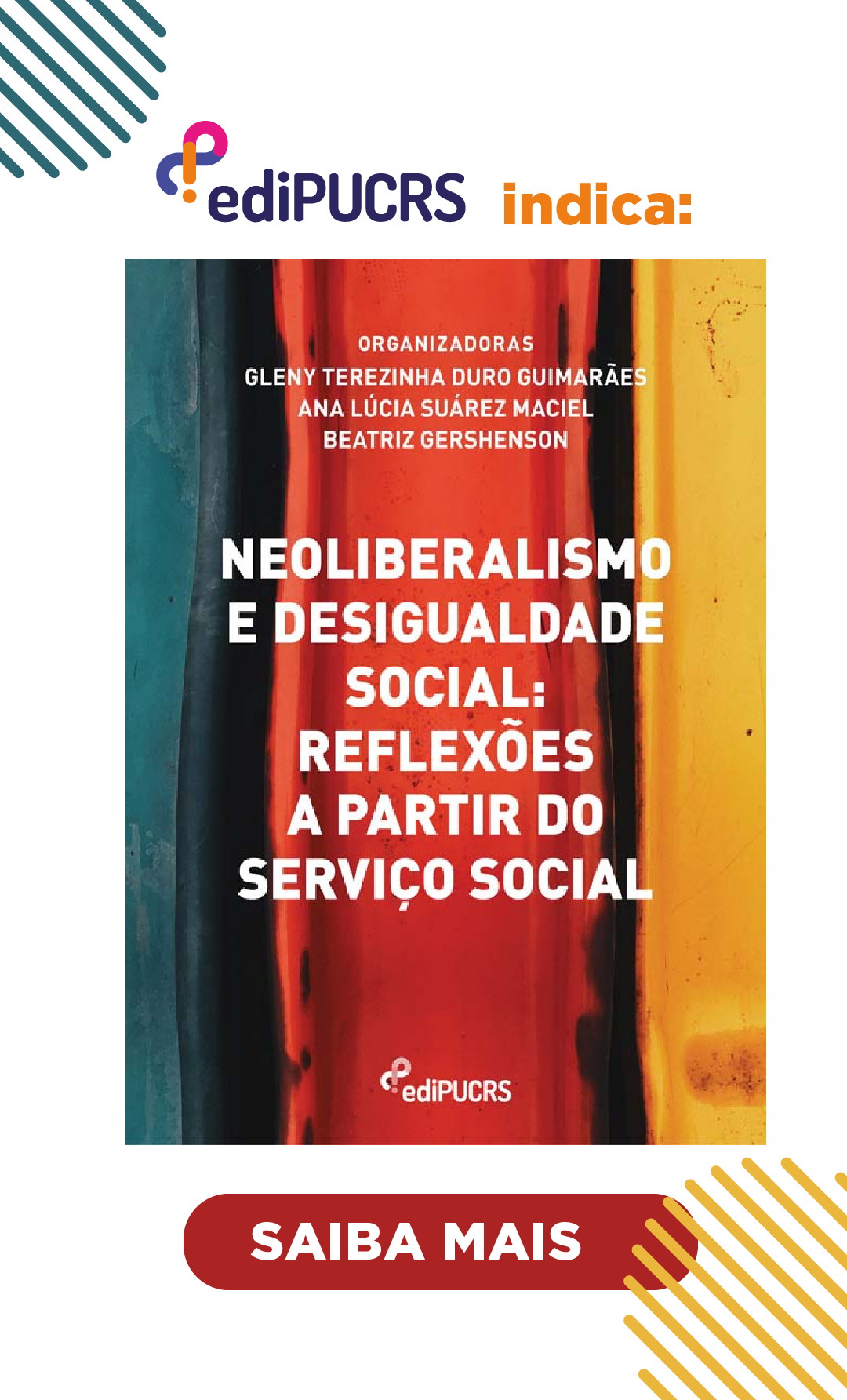Popular solidarity economy: in the process of Brazilian’s productive reestructuring
Abstract
At the end of the twentieth century and at the begining of the twenty-first, Sharp process of transformation is occurring, related to the labor’s world. The changes in the productive processes, characterized by the automation, robotic and eletronic, is generating a substitution of the workers – less qualified, by the capital. Update reality is demanding the creation of alternatives of generation of works and income as source of subsistence, for subjects excluded or who are by the margin of the labor market. The Soliday Popular Economy arrises in Brazil in the last decades of the twentieth century as an a alternative of unemployment. Cooperatives or labor’s associations are a good alternative for the updated world. The members of this collective processes are able to set their own rules of the labor and productive worls. The role of the public power is very important in this processes. In this sence the inclusion of workers in associative and cooperative experiences take the subjects to an increase of their familiar incomes as well as a possible overaction of a social stage of marginalization.Key-words – Productive reestruction. Solidary popular economy. Public politic.
Downloads
Downloads
Published
How to Cite
Issue
Section
License
Copyright
The submission of originals to Textos & Contextos (Porto Alegre) implies the transfer by the authors of the right for publication. Authors retain copyright and grant the journal right of first publication. If the authors wish to include the same data into another publication, they must cite Textos & Contextos (Porto Alegre) as the site of original publication.
Creative Commons License
Except where otherwise specified, material published in this journal is licensed under a Creative Commons Attribution 4.0 International license, which allows unrestricted use, distribution and reproduction in any medium, provided the original publication is correctly cited.





